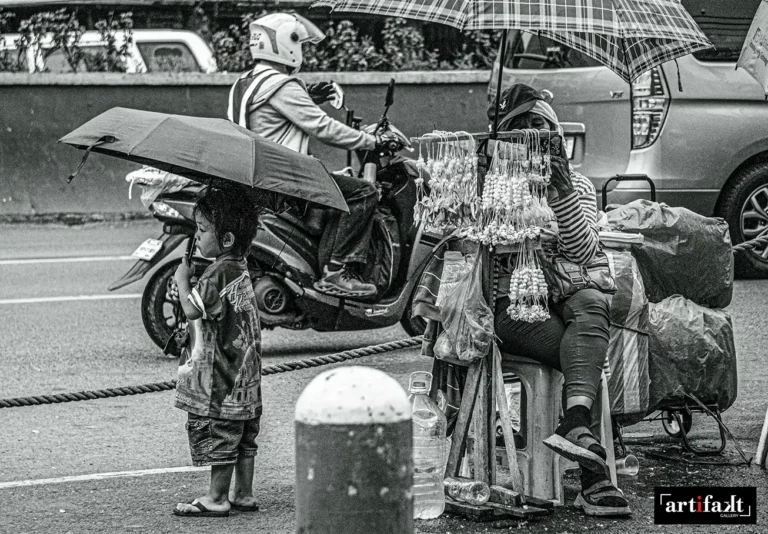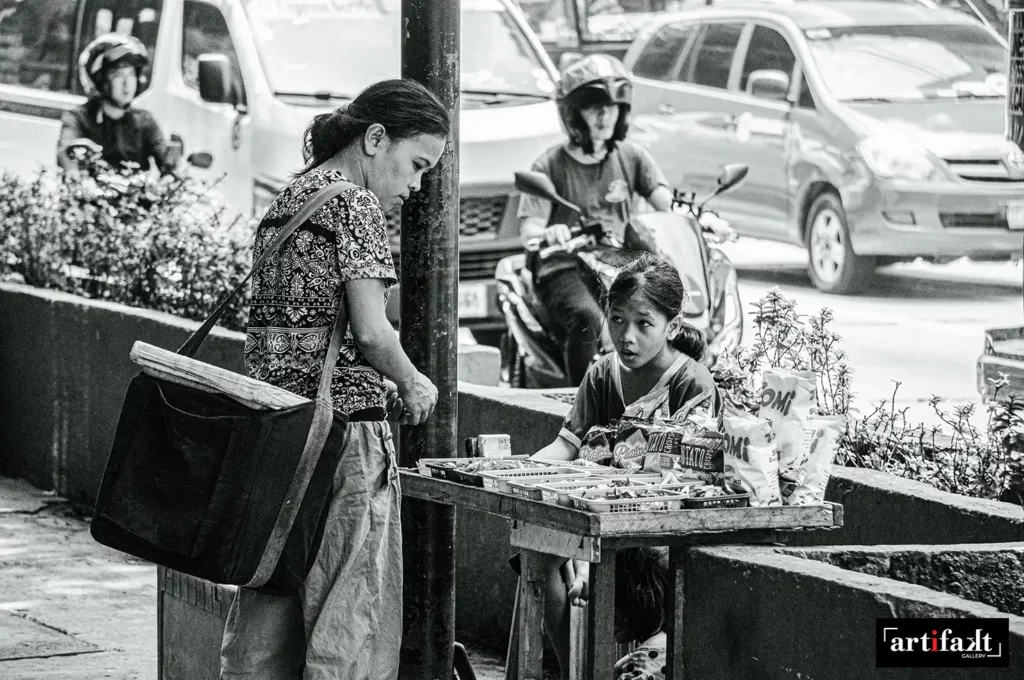Contact Us
Artifakt Gallery is committed to fostering an open dialogue with our patrons, artists, and the broader public.
Our Contact Us page serves as a bridge, enabling you to reach out to us with any queries, feedback, or ideas you may have.
The Press Inquiries segment offers dedicated contact information for media professionals. Press releases, high-resolution images, and interview requests can be directed here.
For those interested in supporting Artifakt Gallery, our Donations and Sponsorship section provides information on how to contribute. Your support is crucial in aiding our mission to share the narratives of conflict and resilience.
If you’re an artist or filmmaker interested in collaborating with Artifakt Gallery, the Submissions section provides guidelines on how to share your work with us. We are always open to discovering new talent and perspectives.

Artifakt Gallery believes in the power of communication and collaboration. We are committed to being accessible and responsive, ensuring that every voice is heard and valued.

Our contact form is simple and user-friendly, designed to make your communication with us as smooth as possible. Just fill in the necessary details, type your message, and our dedicated team will respond at the earliest opportunity.
For those who prefer more traditional methods, we also provide postal address and phone number details. We strive to be reachable via your preferred method of communication.
Reach out to Artifakt Gallery, become a part of our dialogue, and contribute to our mission. Your voice matters to us, and together we can continue to shed light on the complex narratives of conflict zones, promoting understanding, empathy, and, ultimately, peace.
